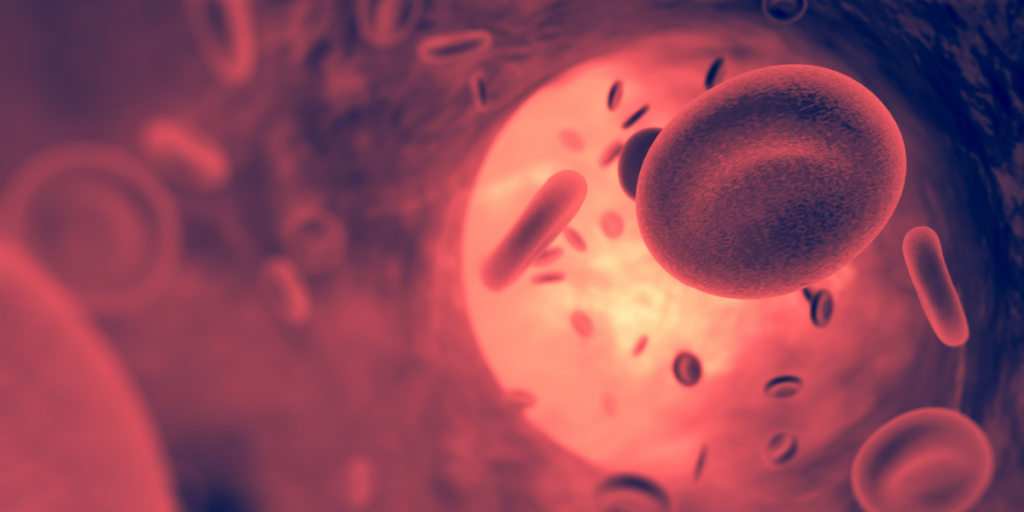The Rise of Colon Cancer in Young Adults Could Be Linked to This Bacterial Toxin.
Others are reading now
More young people are being diagnosed with colon cancer than ever before.
In fact, the number of cases in people under 50 has doubled in the past 20 years across several countries.
Doctors and researchers have been searching for answers. Lifestyle, genetics, diet — nothing has fully explained the rise. But now, a new study may offer a clue.
Researchers believe a bacterial toxin called colibactin could play a role. Colibactin is produced by certain strains of E. coli bacteria found in the gut.
Also read
Earlier studies have shown it can damage DNA and cause mutations that may lead to cancer, according to Videnskab.
The new research, published in Nature, looked at 981 colon cancer cases from patients in 11 countries.
The results showed that DNA mutations linked to colibactin were 3.3 times more common in patients under 40 than in those over 70.
The scientists estimate that the exposure to the toxin may happen early in life, often before the age of 10.
This doesn’t mean someone gets cancer right away. But the genetic damage may quietly build up over time. Eventually, it could trigger disease later in adulthood.
Ludmil Alexandrov, one of the lead authors, says the colibactin “fingerprint” in the DNA was strongly linked to early-onset colon cancer. That kind of pattern hasn’t been seen before.
Dr. Jesper Berg Nors, a Danish physician who was not involved in the study, told Danish media that the findings could be a piece of the puzzle.
Still, he warns against jumping to conclusions. Many other factors, such as smoking, family history, and diet, may also play a role.
It’s still unclear why some children are exposed to colibactin-producing bacteria.
One theory is that it’s connected to ultra-processed foods, early antibiotic use, or a rise in cesarean births.
There’s more work to do. But this research brings scientists one step closer to understanding why colon cancer is no longer just a disease of old age.


